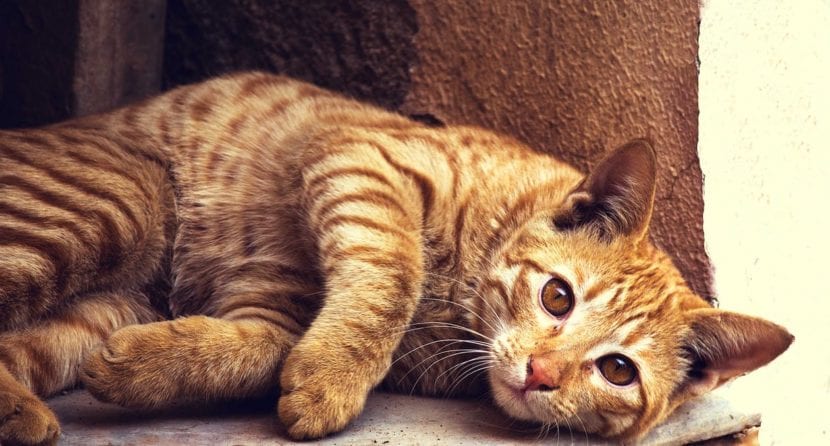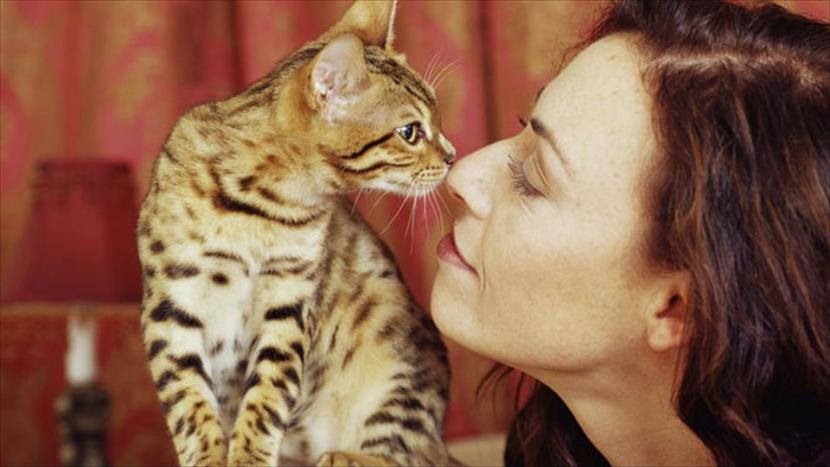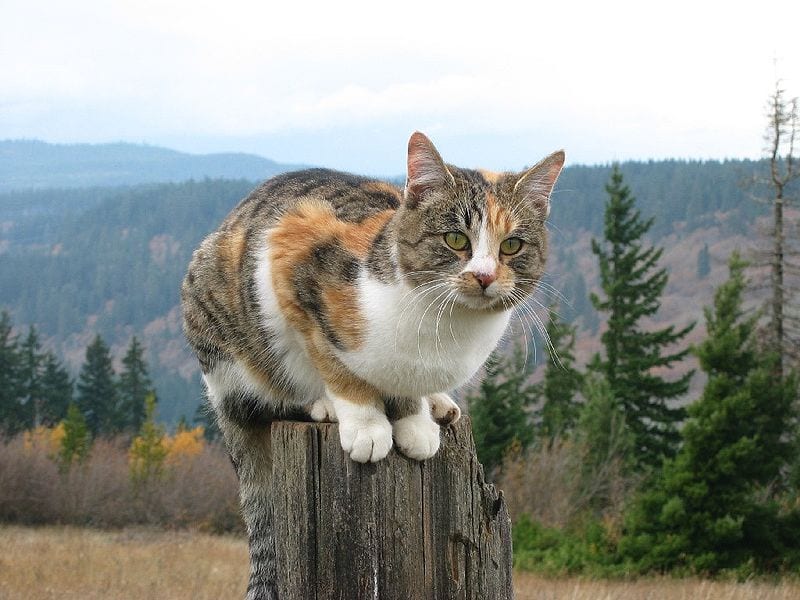
The cat is a domestic animal? That question may have a clear answer for many, but it is normal to have doubts, since it still retains its wild feline character even if it only shows it on certain occasions.
So, is it a furry that has accepted the norms of humans, or are we the ones who think that has happened?
The origin of the human-relationship

To this day, those who live with a cat for pleasure (and not for whim) know well that this is a wonderful experience, that the animal can be tremendously affectionate and fun, but it also has its character. When we do something you don't like, such as caressing him when he feels insecure, it is likely to slap, scratch and / or bite us depending on how tense you are at the time.
But despite these situations, it is difficult not to worship him, as we have been doing for about ten thousand years. Of course, at that time, lived in freedom and approached humans because they had barns where there were cereals, which attracted rodents… The food of the little feline.
Later we began to open the doors of our homes to him, but it was not until relatively recently that we forced him to be within four walls. And it is logical: living in a city has many dangers, more so for an animal like him. This change inevitably made the need arises to understand him to be able to communicate better with him, since we are realizing that stress, boredom and anxiety are very common problems that the cat that lives with people has.
And why do we go to so much trouble to make her live well? It's easy: because we are struck by their behavior, their personality. What we may not know is that profesional los (ethologists, therapists) when they are going to help you, what they do is look at how the cat lives in its natural state in order to identify the problem.
The reason is clear: the cat that is resting on the sofa is not tame. Or not like the dog is, for example. If he were, it would be much easier for us to correct his "bad" (which is not bad, but rather misunderstood) behavior.
What does the house cat keep from its wild origins?
Much more than we think:
- Strong territorial character: not only will you protect him daily, leaving his pheromones all over the house (more information on feline marking here), but may also have a lot of trouble accepting a new family member.
- Hunting instinct: it is a predatory animal. Its claws, its fangs, its eyes, its agility. Everything is designed to stalk and catch prey.
- It's nocturnal: which means that it is more active in the evening.
- Eat many times a day- If he has unlimited access to his food, regulate his food intake, because in the wild he would eat several times a day to satisfy himself.
- Wants to have privacy: both to relieve themselves and to de-stress. It is very important that we leave your litter box in a quiet room, away from your water and food, and that we also put your bed for example in our bedroom, where you can go whenever you need it.

So yes: the cat has domesticated the human being 😉.